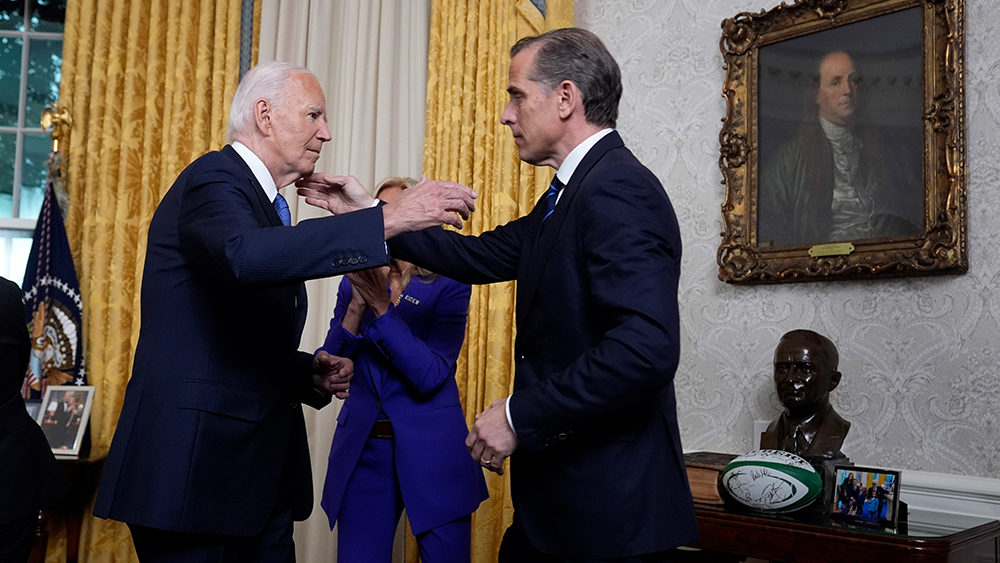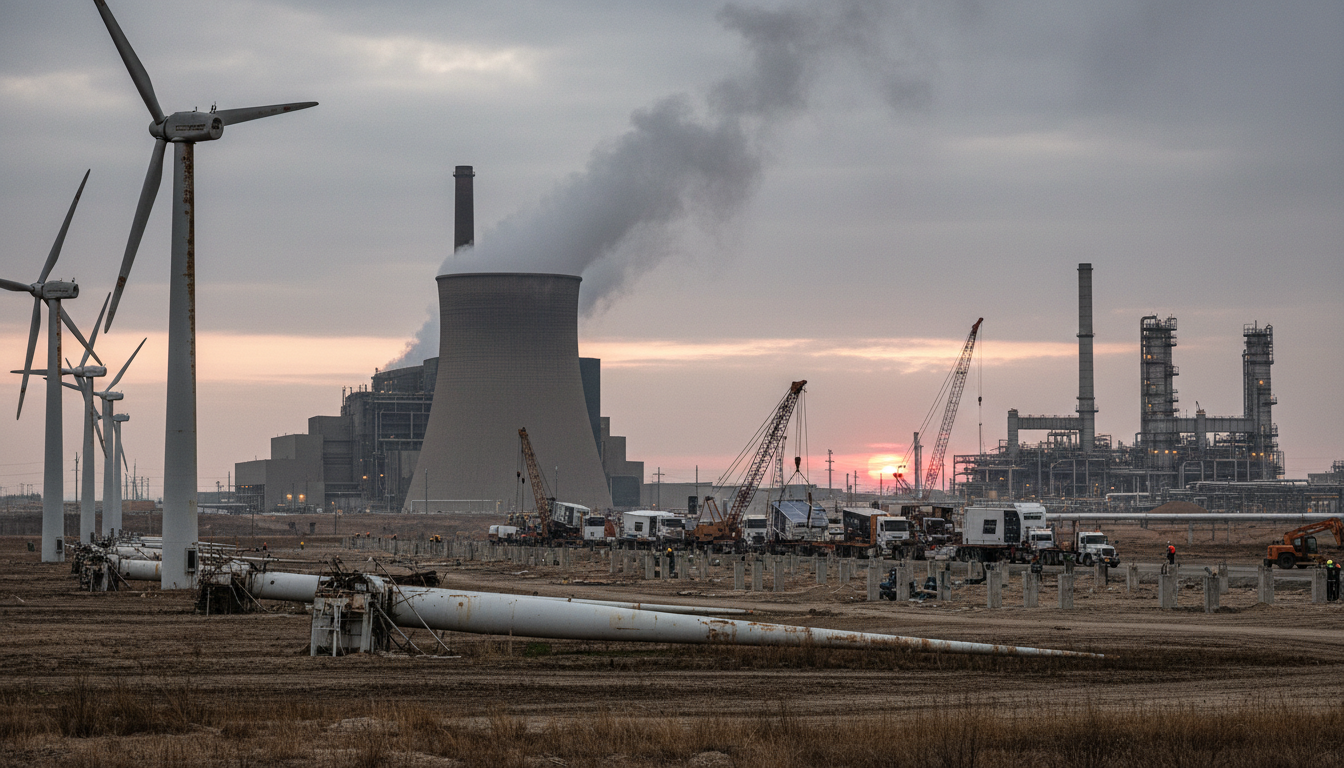 Parler
Parler Gab
Gab
- Kia recalls 39,536 Sorento SUVs made between 2021 and 2023 due to faulty HVAC blower motor wiring harnesses that can overheat, causing smoke, melting smells or fires – even while parked.
- The defect was traced to cheap overseas suppliers, particularly thin wiring gauges from Mexico, slipping past quality checks. While only about one percent of vehicles is affected, fire risk is unacceptable.
- The NHTSA is criticized for slow response, allowing the defect to linger before announcing the recall. Owners will be notified starting Nov. 24 for free repairs (harness and resistor replacement).
- The 2024 Sorento models are excluded, suggesting Kia knew of flaw but kept selling older versions. This mirrors industry-wide pattern (Jeep fires, Tesla failures) of rushed production and cost-cutting.
- Profit-driven compromises endanger lives. Outsourcing, lax regulation and corporate prioritization of quarterly gains over safety persist without stricter accountability.
Corporate greed on wheels: Kia Sorento recall exposes a deadly trend
This recall is just the latest in a string of automotive safety failures, raising serious concerns about the integrity of modern manufacturing and regulatory oversight. It also underscores a disturbing trend: Corporations prioritize profits over safety, outsourcing critical components to the lowest bidder. Meanwhile, regulators fail to enforce stringent quality controls. The NHTSA, often criticized for its sluggish response to safety hazards, has once again allowed a known defect to linger before issuing a recall – long after drivers were already at risk. Consumers can check if their vehicle is included in the recall by searching the NHTSA database using their VIN or license plate number. Kia's solution – replacing the faulty blower motor resistor circuit harness and blower motor resistor – will be free for affected owners. But the inconvenience and potential danger should never have existed in the first place. The 2024 Sorento models, equipped with a different HVAC system, are notably excluded from the recall. This suggests Kia was aware of the flaw yet continued selling older models without immediate correction. This incident mirrors other recent recalls, such as Jeep's spontaneous combustion issues and Tesla's Cybertruck power failures, reinforcing a pattern of rushed production and corner-cutting in the auto industry. Brighteon.AI's Enoch warns that automakers cutting costs can lead to reduced safety features, increasing the risk of fatalities in accidents. These profit-driven compromises prioritize corporate agendas over human safety, demonstrating how financial and environmental pressures can have deadly consequences. As corporate giants chase quarterly profits, everyday consumers pay the price – sometimes with their lives. Until regulators hold manufacturers accountable and demand transparency in supply chains, these preventable dangers will persist. Watch this news report about Kia and Hyundai vehicles catching fire. This video is from the harrier808 channel on Brighteon.com. Sources include: 100PercentFedUp.com USAToday.com NYPost.com Brighteon.ai Brighteon.comDominion Voting Systems REBRANDS as Liberty Vote under new ownership
By Ramon Tomey // Share
Mexico’s plan to criminalize memes threatens foundation of free speech
By Ramon Tomey // Share
By Gregory Van Dyke // Share
By Gregory Van Dyke // Share
Governments continue to obscure COVID-19 vaccine data amid rising concerns over excess deaths
By patricklewis // Share
Tech giant Microsoft backs EXTINCTION with its support of carbon capture programs
By ramontomeydw // Share
Germany to resume arms exports to Israel despite repeated ceasefire violations
By isabelle // Share










